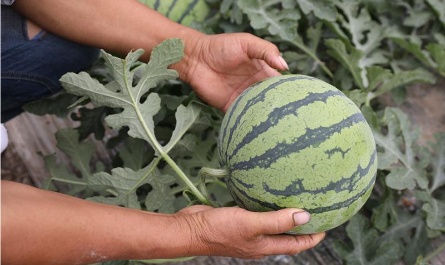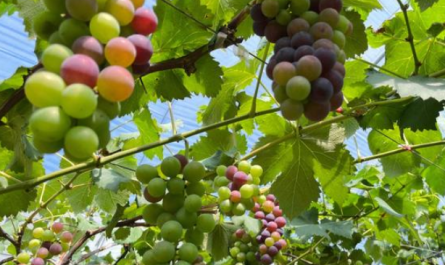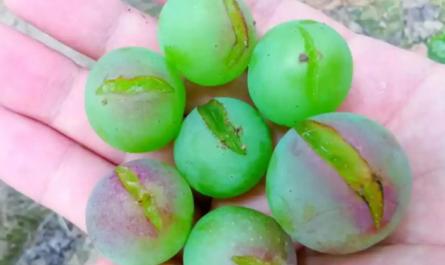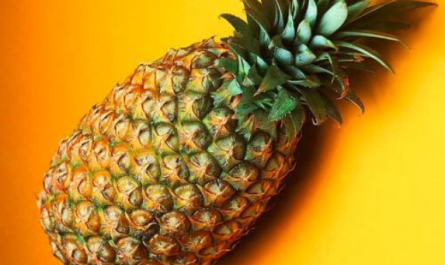Knowledge
-
How to Improve Watermelon Fruit Setting Rate and Prevent Fruit Drop?Date: 2026-02-11The first batch of watermelons in spring sets fruit early, matures early, and commands a high price. However, unstable spring weather makes fruit setting difficult, leading to a high risk of fruit drop. Improving the fruit setting rate and preventing fruit drop is a primary concern for watermelon growers.

-
Grape Growth Critical Period: Application Techniques of Plant Growth Regulators Before and After FloweringDate: 2026-02-05Spray the entire vineyard with 30 ppm sodium nitrophenolate to promote further elongation of the inflorescence and assist in fruit setting before flowering. For 'Shine Muscat' vineyards with uneven flowering or poor inflorescence separation quality

-
Causes and Improvement Methods of Grape CrackingDate: 2026-01-01The ripening and color-changing period of open-field grapes coincides with a period of concentrated rainfall, often resulting in grape cracking. Symptoms include: cracked skin, juice leakage, and wounds susceptible to fungal infection and rot under high humidity. This attracts pests such as beetles, bees, flies, and aphids, which suck the juice, affecting grape yield and quality, and directly reducing the commercial value of the grapes.

-
The Role of Cloprop in Fruits growthDate: 2025-11-12Cloprop, chemically known as 2-(3-Chlorophenoxy)-Propionic Acid, also known as Fruitone CPA and 3cpa, is an organic acid compound. In agriculture, it is primarily used to regulate plant growth, especially in fruit cultivation. Adjusting fruit acid can control fruit size




